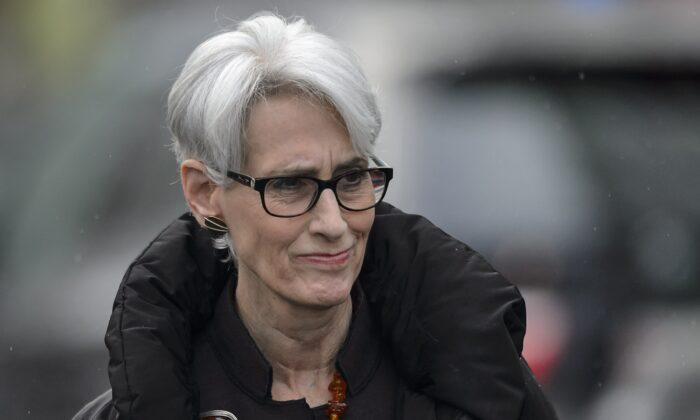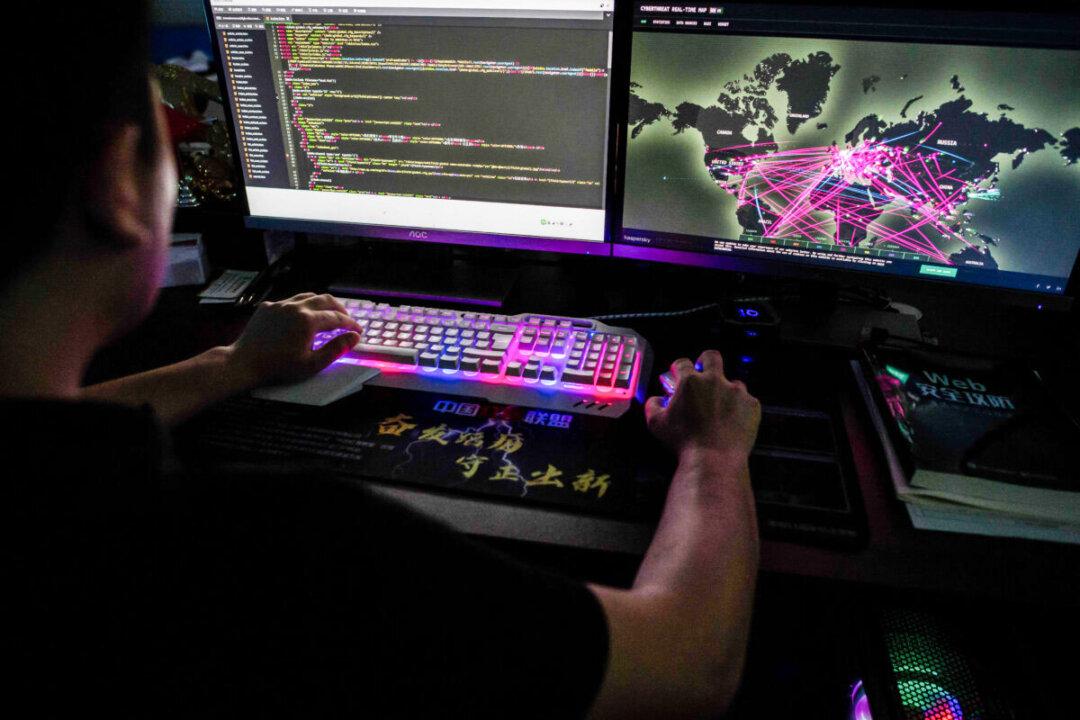The remarks followed the second EU-U.S. joint dialogue on China and the Indo-Pacific, which took place throughout the first week of December. Officials said that they would further collaborate on issues of economics, technology, human rights, multilateralism, disinformation, and security.
Blinken and his EU counterpart said that the forum would help to champion “a stronger and more capable European defense that contributes to global and Transatlantic security.”
Sherman, meanwhile, said that the relationship between the United States and European Union was strengthening, and that the EU remained a preeminent friend to the United States.
“Frankly, it’s hard to think of an issue or a corner of the world where the United States and the European Union aren’t working closely together,” Sherman said.
To this end, the dialogue also offered something of a cooling of tensions as both the European Union and the United States consolidate their interests in confronting the Chinese regime.
“That requires working with allies and partners multilaterally and in bilateral frameworks like the discussion this week, because our combined weight is much harder for the PRC to ignore.”
Sherman also expressed that the United States would continue to build upon its cooperation with the EU and compete with Beijing where necessary.
“The United States has been clear that we will compete, and compete vigorously with the PRC where we should, cooperate with the PRC where it is in our interests and indeed in the world’s interests to do so, and challenge the PRC where we must, such as when Beijing takes actions to undermine the rules-based international order, violate human rights, or threaten the interests of the United States or our allies and partners,” Sherman said.
Sherman said that the United States’ increased involvement with the European Union would take many forms. Examples included increased strategic consultations on the Indo-Pacific, providing technical assistance on security projects, and financing development.
“We all understand that the Indo-Pacific is very critical to our future,” Sherman said. “It’s critical to our climate future, it’s critical to our development future, it’s critical to our economic future, and our security future. And we’re going to be working on that together.”





